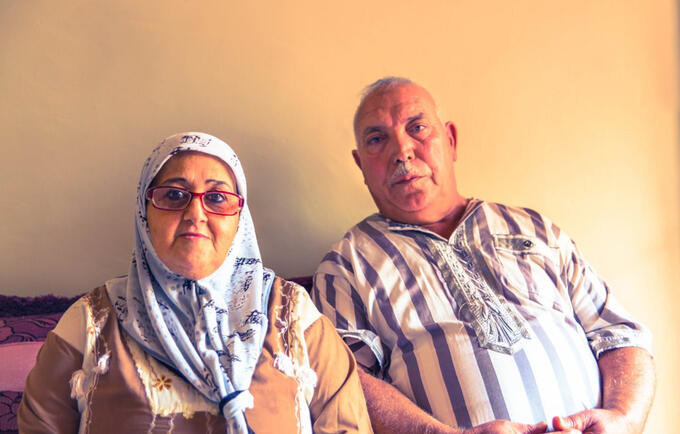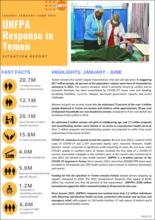Population and Development: 40 million people in Algeria and their needs at the heart of our work
The information generated by countries on its population such as: number of people, their distribution, their living conditions and other key data – is critical for development. Without accurate data and analysis on population issues, policymakers do not know where to invest in schools, hospitals, housing, social security and roads.
Measuring fertility, mortality and population movement, help to predict demographic trends. PD will help uncover inequalities in employment, education and wealth.
The advantage of development based on population analysis is that it covers the entire statistical universe of a nation, down to the smallest geographical unit. When data is analyzed and diffused, it allows development planners to reflect on demographic trends; analyse socio-economic conditions; design evidence-based poverty-reduction strategies; monitor and evaluate the effectiveness of policies; and track progress toward national and internationally agreed development goals.
Generating information also helps raise awareness in the public about population issue and their implications in the development and living conditions.
UNFPA Algeria provides technical support to the Government entities in charge of data and analysis at any stage of its planning and implementation, and helps ensure the data are widely utilized and disseminated for development purpose.
UNFPA also addresses population trends on three different levels:
1) By promoting population policies and reproductive health, including family planning programmes.
2) By supporting the data collection on population trends that make it easier for government to understand what the country situation is and do evidence-based planning.
3) By helping governments understand population dynamics, to deal with the consequences of population issues such as youth and ageing.




